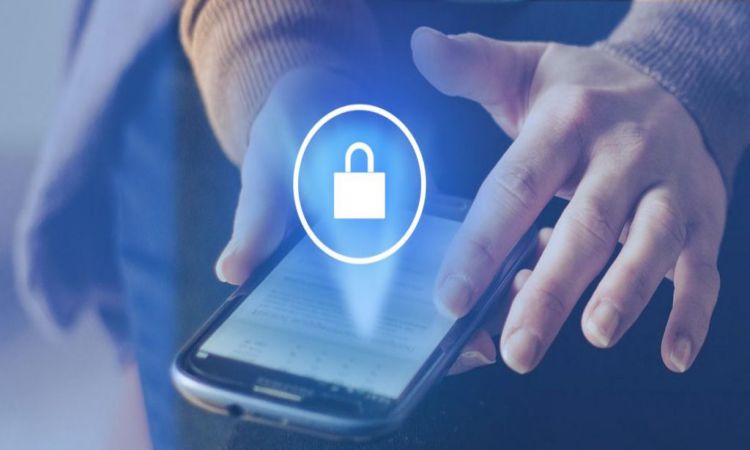 Most probably you know that securing yourself means avoiding sharing personal information, not opening emails from strangers, clicking on weird links, and accessing strange-looking pages. However, an extra layer of security is required for improving the online security of your Android device. To keep your information safe, you ought to safeguard it. There are some handy ways of protecting sensitive data. In this article, we offer to dive into the best methods of reducing the likelihood of being targeted on Android devices. Below we describe 5 ways of enhancing the security level, and these methods are extremely easy to adopt and follow.
Most probably you know that securing yourself means avoiding sharing personal information, not opening emails from strangers, clicking on weird links, and accessing strange-looking pages. However, an extra layer of security is required for improving the online security of your Android device. To keep your information safe, you ought to safeguard it. There are some handy ways of protecting sensitive data. In this article, we offer to dive into the best methods of reducing the likelihood of being targeted on Android devices. Below we describe 5 ways of enhancing the security level, and these methods are extremely easy to adopt and follow.
Table of Contents
1. VPN
Being a super important security means for all kinds of devices, VPN is a good option for Androids.8 out of 10 people don’t know that when connecting to public Wi-Fi, the device is put at risk as it becomes easier to hack it and steal data. Yet when your traffic is encrypted by VPN, your connection to public Wi-Fi becomes safer. Being used by thousands of people, VPN protects your secrecy, privacy, and anonymity. One of the perks here is that you can use the Internet while no configuration is needed as a simple click on one button is enough.
2. Google Play Protect
Malware and viruses are omnipresent, and you need to improve your smartphone security to protect your data. On this end, you can use Play Protect which scans about 100 billion apps per day, checking for harmful behavior. It not only runs a safety check on apps but also notifies you if you have an outdated version of the app on your phone. On Android devices, it is enabled by default, and to find it you need to tap the three stripes on the Play Store.
3. Lock screen options
Smartphone security begins with the lock screen, and it is up to you how to protect your phone. Depending on the smartphone brand, you can choose between a PIN, fingerprint, or pattern. That said, give your preference to strong PIN codes. Additionally, some smartphones support a Smart Lock feature due to which your phone remains unlocked in your security zones such as office desk, bedroom, or pocket. Your small and smart creature gets locked, detecting that you are not in your zone anymore. The feature of securing a zone is typical to tracking apps as well, and to learn more about them you can read articles about best keylogger for iphone or the best location-tracking apps for Android.
4. App permissions
If you are a smartphone user, most probably you have seen the window of an app asking for permission once in your life. It asks for permission to access contacts, camera, microphone, and location. It is not right to tap the allow/accept button immediately. Sometimes they do this without any important purpose and can work without these details. Fortunately, you can change the permissions later by going to Settings on the App and switching them off.
5. Two-factor authentication
Try another means of providing a Google account with security, two-factor authentication. It comes as an extra security method, asking you to enter a security code or anything else. Even if your password is attacked by hackers, your sensitive data is not endangered due to 2FA. So, for overall data security, it is highly recommended. That said, we recommend two-factor authentication and remind you how to enable it. Go to the Settings, choose to Manage Google Account, sign in, click on Get Started, and follow the steps.
Final thoughts
As one of the most important aspects of information technology, online security establishes rules for fighting against attacks over the Internet. Yet oftentimes, it is difficult to keep the data and important information safe without taking some measures. For that purpose, RealSpyApps offers 5 handy tools for improving the security of your device.






